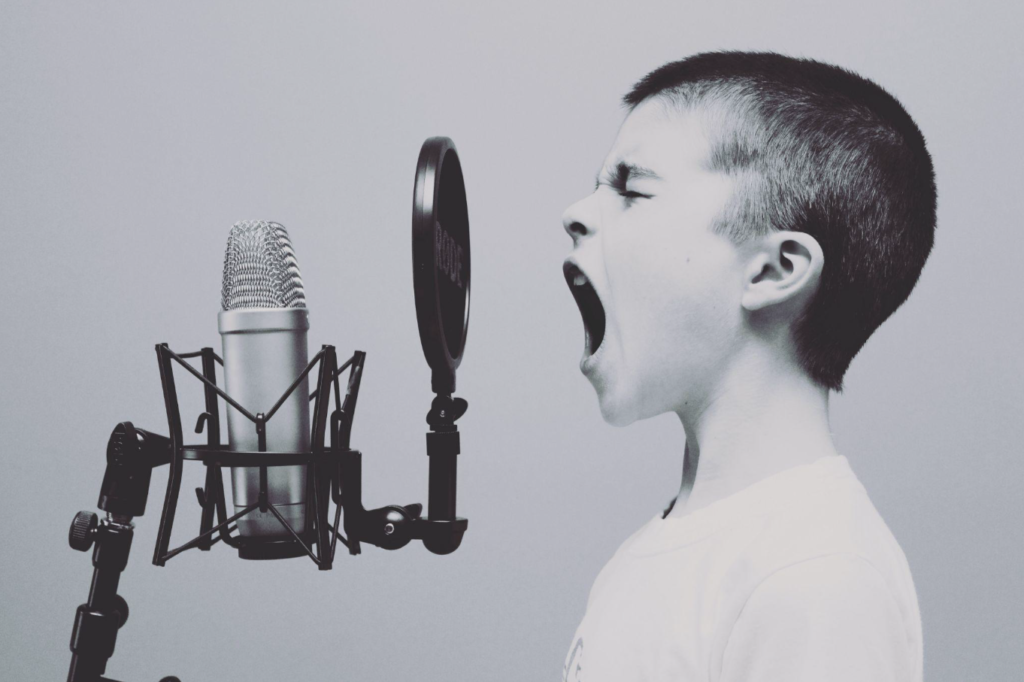
Learning to sing is a really satisfying experience. Many kids enjoy singing, even from a young age, and people of any age can learn to sing, even with no prior musical experience. The best age to learn to sing depends less on age and more on factors like self-motivation, practice, and the ability to focus.
WHEN TO START SINGING LESSONS?
There is not “best age” to start singing lessons as it varies from student to student. However, learning to sing does require time set aside for regular practice, focus, and determination.
Students who start singing lessons should be mature enough to focus in the lesson room and follow the coaching of their instructor. Children are typically ready for this type of instruction between the ages of 7 and 10. The human voice continues to mature throughout life, however, so students of any age can benefit from starting singing lessons. Below are a few signs to look for to know when your child is ready to start singing lessons.
3 SIGNS YOUR CHILD IS READY TO START SINGING LESSONS
Below are three signs that your child is ready to take up singing.
TIPS WHEN STARTING SINGING LESSONS
● Take proper care of your voice. Just like any musician would care for their instrument, singers need to be mindful of keeping their voice healthy and strong. Pro tips: Students should avoid screaming and stay hydrated by drinking plenty of water each day.
● Warm up before singing. Vocal warm-ups are crucial before any practice or performance. Students can damage their voices by singing loudly without warming up. Just like warming up and stretching for a football or soccer game vocal students need to do the same with their voice.
● Train your ear to differentiate pitch. Ear training is key to voicel lessons. Interval training, is a method for improving pitch and becoming a better singer. Instructors teach students how to train their ears in singing lessons, and students should practice this important skill.
● Practice singing every day. Practice makes perfect. Students who practice daily improve at a much faster rate than those who only practice occaciaonly. By setting aside time each day for practice, over time, students will progress beyond their wildest dreams.
● Learn the song and lyrics first, then develop the technique. Learning and memorizing the melody and lyrics of a song will allow students to focus on their singing technique and not be distracted by trying to remember how the song goes. This will help you more than you may think!
● Sing with other students. Playing music with other people is a fun and effective way to apply concepts learned in lessons. Students who sing in a group or band setting, as well as during solo practice can progress at a much faster rate than students who only practice alone. Singing with friends or family is a fun and inspirational experience that can provide motivation to improve.
IS IT TOO LATE TO START SINGING LESSONS?
It’s never too late to start singing! In fact, there are many benefits of voice lessons, so students of any age can benefit from singing lessons. Plus, singing can be an effective way to keep your mind and body sharp and helps kids strengthen other school subjects.